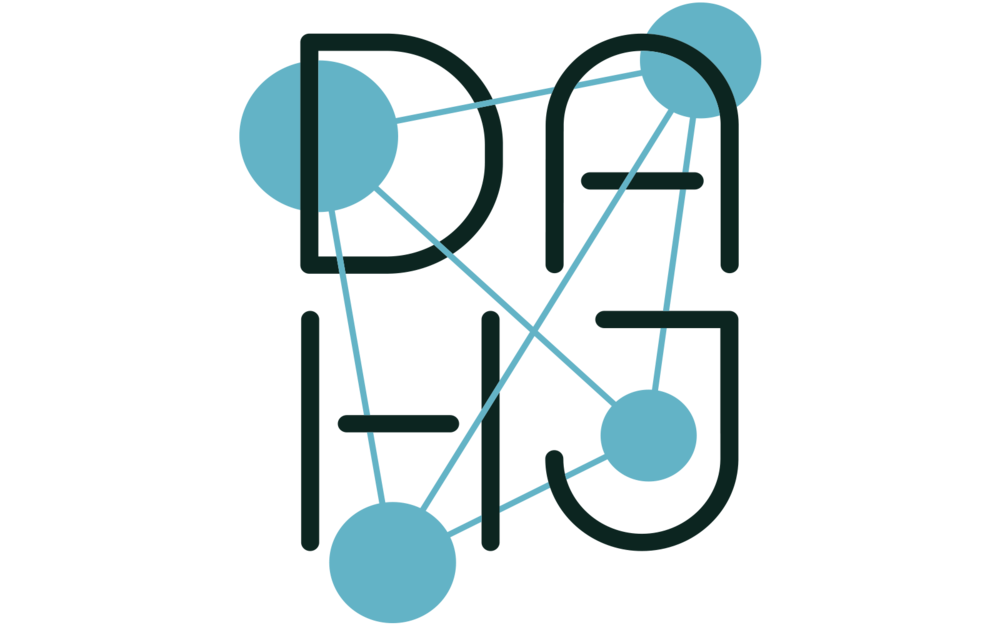The International Journal for Digital Art History (DAHJ) researches the impact of new technologies on art history. It reflects upon the possibilities and opportunities of digital tools for art historical research. In contrast, the history of digital art deals with artistic practice and its continual engagement with computational media, as well as the Internet. However, both of these fields have been shaped by the interactions between art and information science. For this reason, the artistic engagement with these tools must be considered as a crucial vector within the expanded field of Digital Art History.
For this call on the history of digital art, DAHJ asks for contributions on the following topics:
New perspectives on traditional fields of the history of digital art, like early computer art, internet art, interactive computer-based art, and other forms
Genealogies of digital art
Digital art under postinternet conditions
Digital art and social media
Art and artificial intelligence
The role of the audience/user in digital art
Exhibiting digital art online & offline
Impacts and effects of technical innovations on digital art and its distribution (webcams, smartphones, etc.)
Immersive technologies in artistic or curatorial practice
Art historian Tina Sauerländer joins DAHJ as guest editor of this call. For 10 years, she has been working as an international curator for digital art with her platform peer to space. She is currently completing a PhD, Artistic Self-Representation In The Digital Age, at the Art University in Linz, Austria, department of Interface Cultures.
Christiane Paul is the featured author of this call. She is professor in the School of Media Studies and director/chief curator at the Sheila C. Johnson Design Center at The New School, New York, as well as adjunct curator of digital art at the Whitney Museum of American Art. Paul is the author of Digital Art (2008, 3rd edition) and editor of A Companion to Digital Art (2016).
We welcome articles from art historians, curators, conservators, information scientists, and writers from other related disciplines who are concerned with these topics. This open call aims to include marginalized scientific perspectives from different and diverse global communities.
The call is now open and first articles are to be published in the first quarter of 2020. To submit articles, please register first and review the information for authors. We will be publishing articles on a rolling basis.

